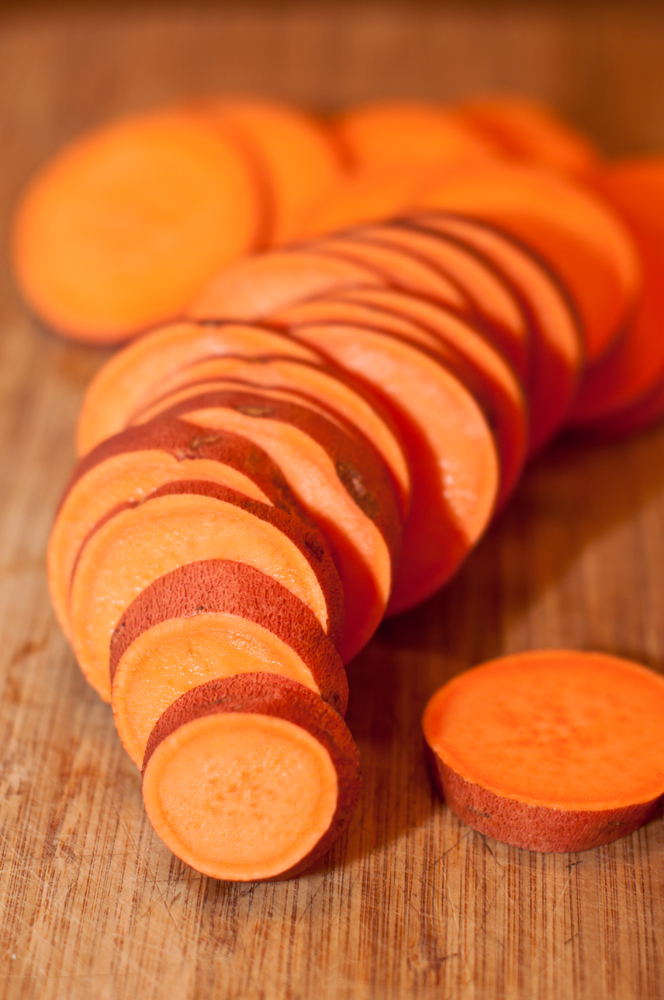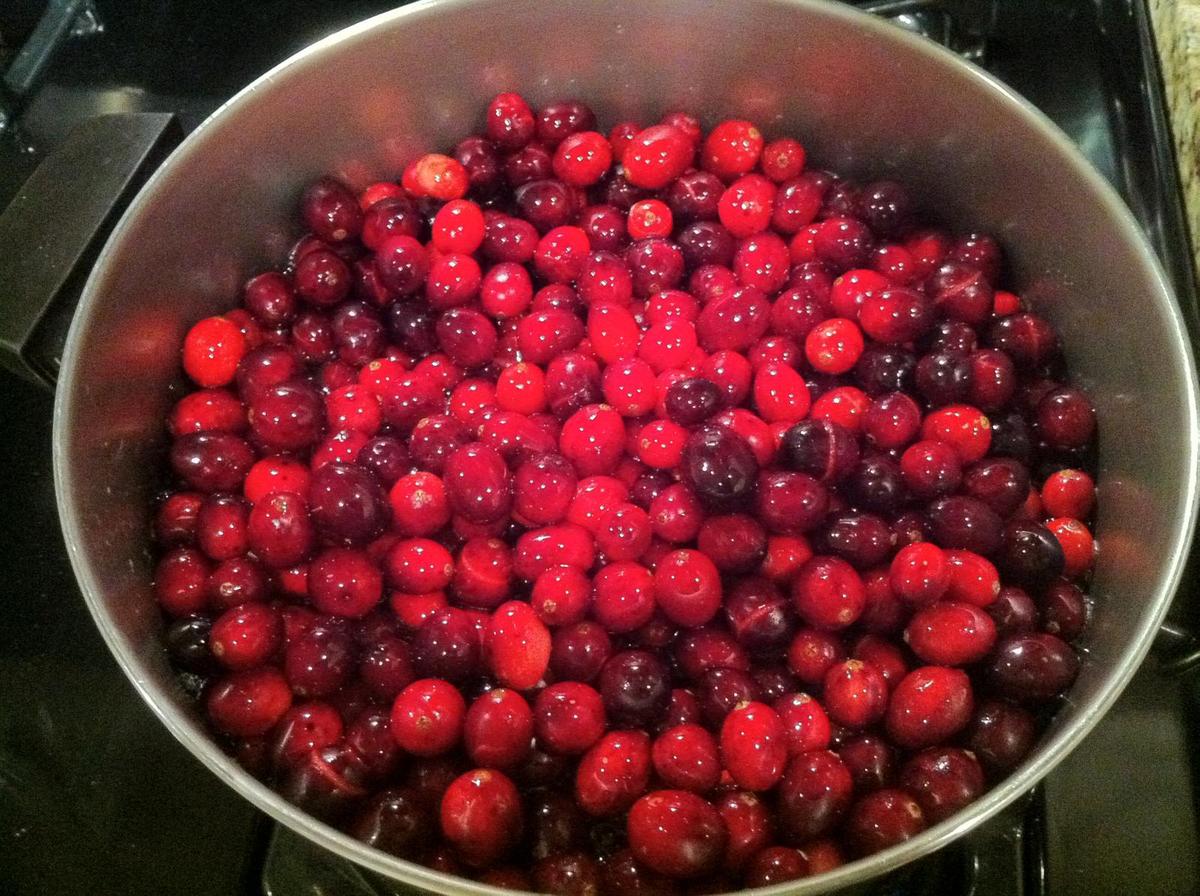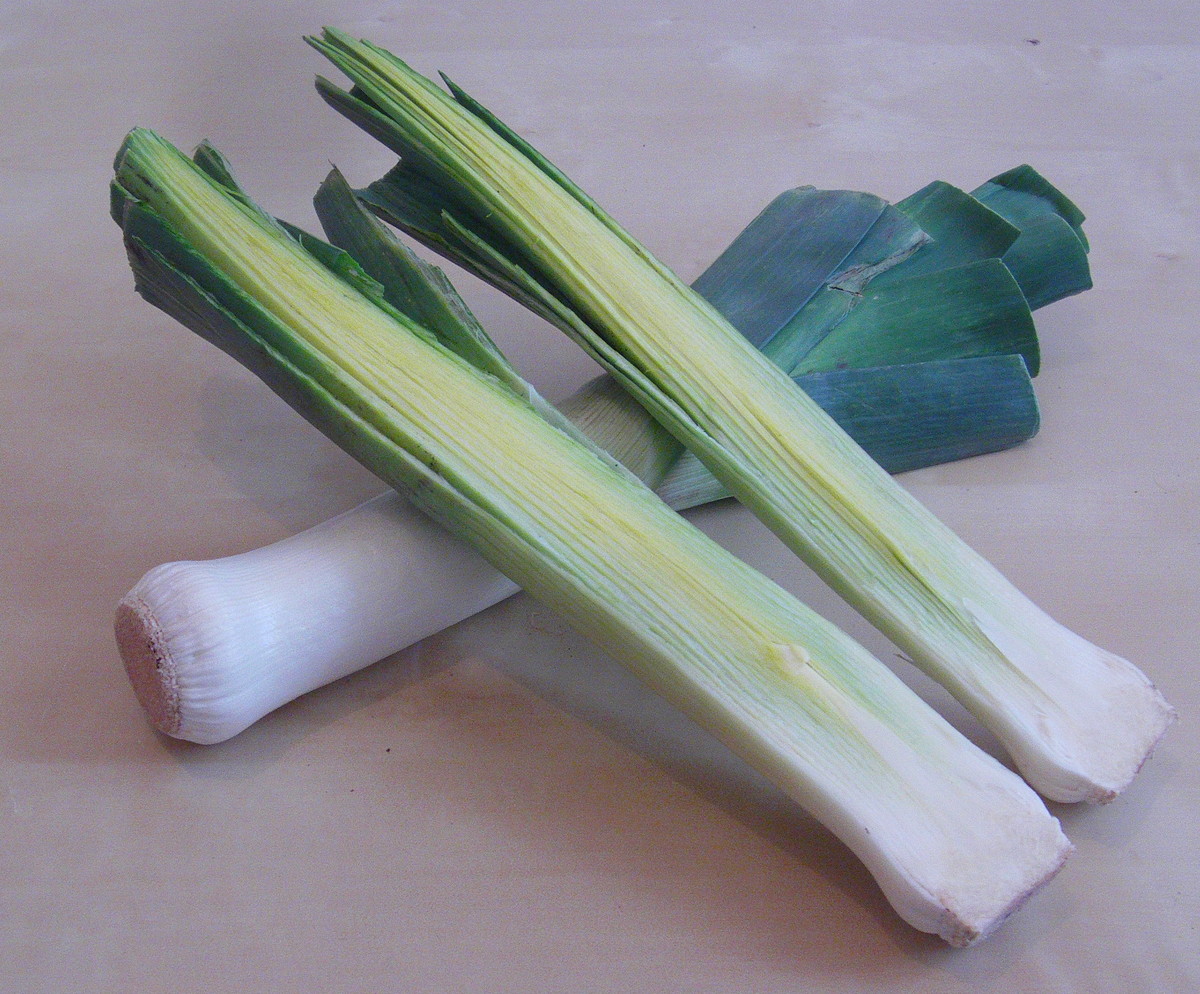1. SWEET POTATO: Rich in vitamin A and the antioxidant beta-carotene, sweet potatoes can help keep the immune system strong and promote healthy skin. They're also rich in potassium --- with more than a banana -- and a "fiber-rich carbohydrate," says Angela Ginn, R.D., L.D.N., C.D.E., a spokesperson for the Academy of Nutrition and Dietetics.

2. CAULIFLOWER: "Most people think cauliflower's a white food so I want to stay away from it," says Ginn, but it's actually a low-calorie source of vitamin C, fiber, folate, potassium and vitamin K. It also packs some of the disease-preventing powers of its cruciferous cousin, broccoli.
3. CRANBERRIES: Anything with such a bright color is sure to pack some powerful health properties, says Ginn. Cranberry antioxidants can help the heart and fight bacteria, most famously to prevent urinary tract infections.

4. WINTER SQUASH: Winter varieties like acorn and butternut squashes are sweeter than summer squashes like zucchini and can be stored longer, thanks to their thick skins, according to Health.com. Like sweet potatoes, winter squash is a fantastic source of vitamin A and beta-carotene -- that orange color's a dead giveaway.
5. LEEKS: This relative of the onion is in season from October through May, according to Serious Eats. They are rich in calcium, potassium and folic acid, and may protect against heart problems and prostate cancer, Men's Health reported.

6. TURNIPS: You get two-for-one benefits with turnips, since you can eat both the root and the greens for different health perks (and tastes!). The roots are a good source of immunity-boosting vitamin C and potassium. The leaves, which are similar to kale, according to the New York Times, are rich in vitamins A, K and folate.
Thanks for posting! I always get motivated when I read your blog!
ReplyDelete